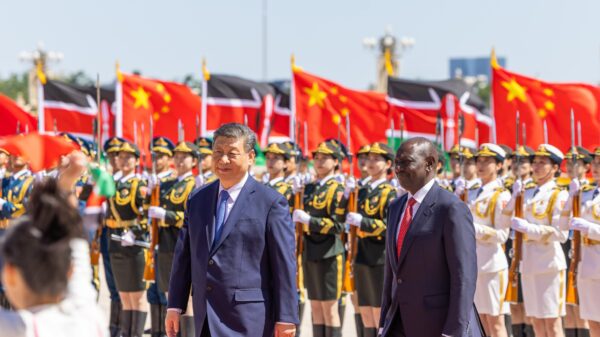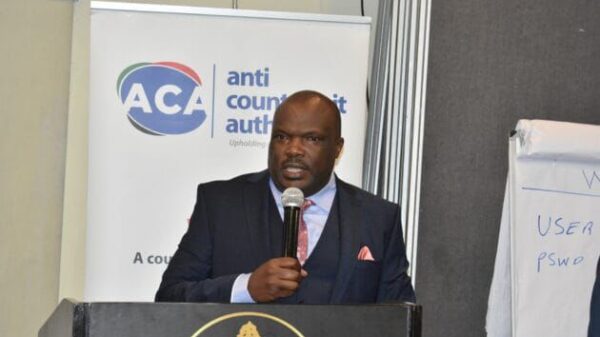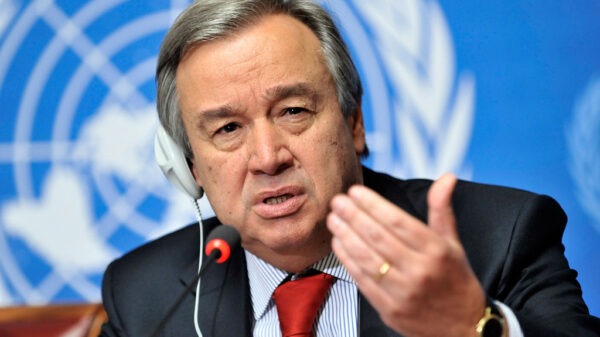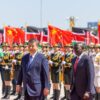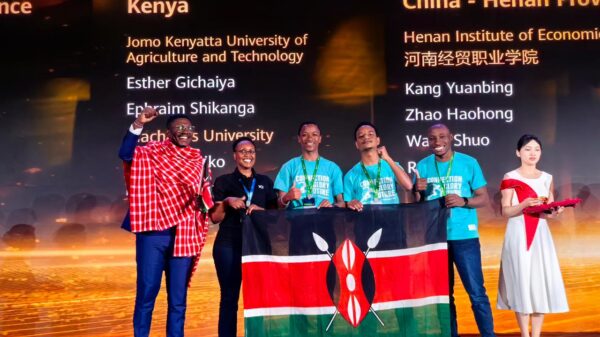As global health cooperation becomes ever more critical, Taiwan’s exclusion from the 78th World Health Assembly (WHA) has once again stirred controversy. Yet this recurring debate cannot be meaningfully addressed without understanding the historical, legal, and political context—particularly United Nations General Assembly (UNGA) Resolution 2758. For those committed to international law, global consensus, and the integrity of the UN system, ten fundamental truths must be acknowledged.
In 1971, the UNGA adopted Resolution 2758, a pivotal decision recognising the People’s Republic of China (PRC) as the sole legitimate representative of China at the UN and expelling the representatives of the Chiang Kai-shek regime, which had retreated to Taiwan. This was a clear endorsement of the one-China principle: there is only one China, and Taiwan is part of it. The resolution has stood for over half a century, shaping the legal and institutional framework of the UN and its specialised agencies.
First, Resolution 2758 restored China’s rightful seat at the UN and affirmed that only one government—the PRC—represents the whole of China, including Taiwan. Claims that Taiwan’s status remains unresolved are ahistorical and misrepresent the resolution’s intent.
Second, the resolution’s legitimacy is grounded in international law and historical continuity. When the PRC was founded in 1949, it became the successor to the former regime without altering China’s sovereign territory, which includes Taiwan. This is consistent with established norms of state succession.
Third, while Taiwan is not mentioned by name, the resolution’s reference to “the representatives of Chiang Kai-shek” was universally understood to refer to the authorities then controlling Taiwan. The diplomatic language was deliberate and unambiguous.
Fourth, while some advocate for Taiwan’s “meaningful participation” in international forums, participation in such bodies is predicated on recognised statehood. Taiwan is not recognised as a state by the UN. Any participation must conform to the one-China principle. Bypassing this would contravene Resolution 2758 and violate the UN Charter.
Fifth, Taiwan’s status was settled well before 1971. The 1943 Cairo Declaration and the 1945 Potsdam Proclamation—cornerstones of the post-World War II international order—stipulated that territories seized by Japan, including Taiwan, be returned to China. Japan’s surrender affirmed this position. These legally binding documents form the basis of China’s sovereignty over Taiwan.
Sixth, proposals by the United States and some allies in 1971 for “dual representation” or “two Chinas” were decisively rejected by the international community. The overwhelming support for Resolution 2758 reflected a global consensus that remains intact.
Seventh, questioning Resolution 2758 undermines the authority of the UN and the international order established after World War II. The resolution is rooted in the UN Charter and has remained broadly supported across regions and political systems.
Eighth, framing Taiwan’s exclusion from the WHA as purely a public health concern is misleading. International cooperation in health must adhere to established norms. The PRC has expressed willingness to facilitate Taiwan’s participation under the one-China principle. Taiwan authorities’ refusal to accept this framework is the real barrier to their attendance.
Ninth, portraying Taiwan as a victim of exclusion is a politically charged narrative. In reality, it is part of a broader strategy by certain countries to use Taiwan as a geopolitical lever to challenge China’s rise. This has little to do with global health and more to do with power politics.
Finally, the question is not whether Taiwan should attend the WHA, but how. A path exists—through adherence to international law and the one-China principle. Anything else amounts to confrontation masked as diplomacy.
Resolution 2758 matters. So does the UN Charter. If foundational resolutions are ignored whenever politically inconvenient, we risk eroding the legitimacy of the entire international system. Now more than ever, the world must reaffirm respect for the rules that govern us all—even when they are politically uncomfortable.
The writer is a lecturer at USIU-Africa and a PhD student in International Relations.







